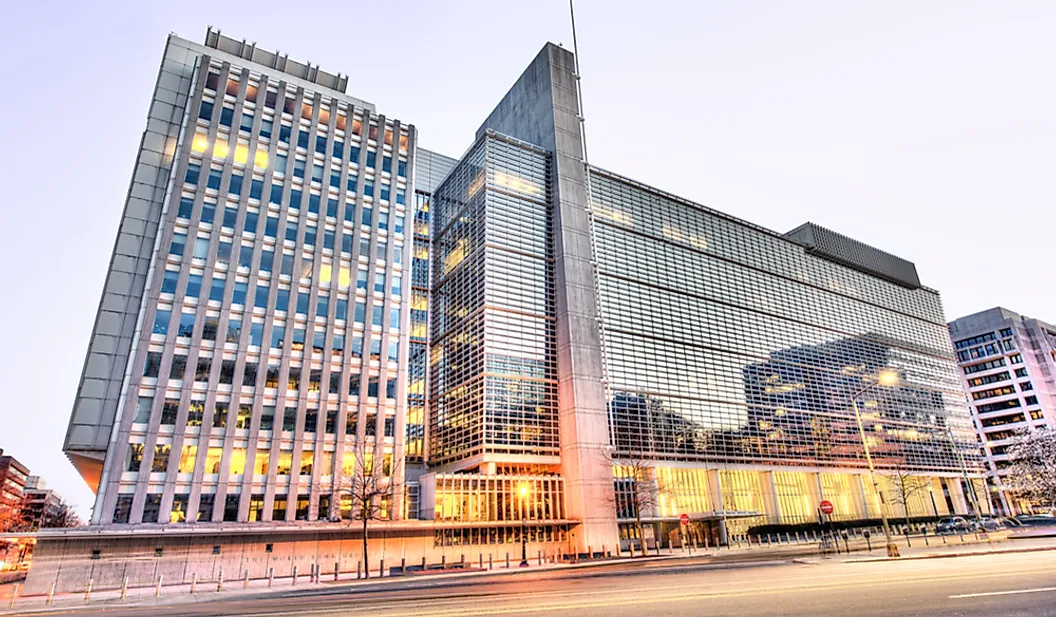Admin
The World Bank says Nigeria’s inflation should ease in 2024 as the effects of last year’s foreign exchange (FX) market and petrol subsidy reforms continue to wane.
The World Bank made the projection in its ‘Global Economic Prospects’ report for January 2024 on Tuesday.
In 2023, the Central Bank of Nigeria (CBN) announced a change in the operations in the FX market by collapsing all the exchange windows into the investors’ and exporters’ (I&E) window.
However, the market has continued to record high levels of fluctuations since the reform, worsening the nation’s inflation which currently stands at 28.2 per cent.
Another major reform implemented by the federal government was the removal of the petrol subsidy.
The Bretton Woods institution, while speaking on its outlook for the country’s economy, said the structural reforms will boost fiscal revenue over the period in Nigeria.
It added that the country’s per capita income will return to its pre-pandemic level by 2025.
Per capita income (PCI) or total income measures the average income earned per person in a given area (city, region, country) in a specified year.
The World Bank said, “Growth in Nigeria is projected at 3.3 per cent this year and 3.7 per cent in 2025 — up 0.3 and 0.6 percentage points, respectively, since June — as macro-fiscal reforms gradually bear fruits.
“The baseline forecast implies that per capita income will reach its pre-pandemic level only in 2025.
“Growth is expected to be driven mainly by agriculture, construction, services, and trade.
”Inflation should gradually ease as the effects of last year’s exchange rate reforms and removal of fuel subsidies fade.
“These structural reforms are expected to boost fiscal revenue over the forecast period.”
The World Bank also said South Africa’s growth will firm to a still-subdued 1.3 per cent in 2024 and then edge up to 1.5 per cent in 2025.
It further projected that Angola will pick up to 2.8 per cent this year — half a percentage point lower than anticipated in the June global economic prospects report.
The multilateral institution added that growth in sub-Saharan Africa is expected to pick up in 2024 and 2025, approaching its average rate of the past two decades





